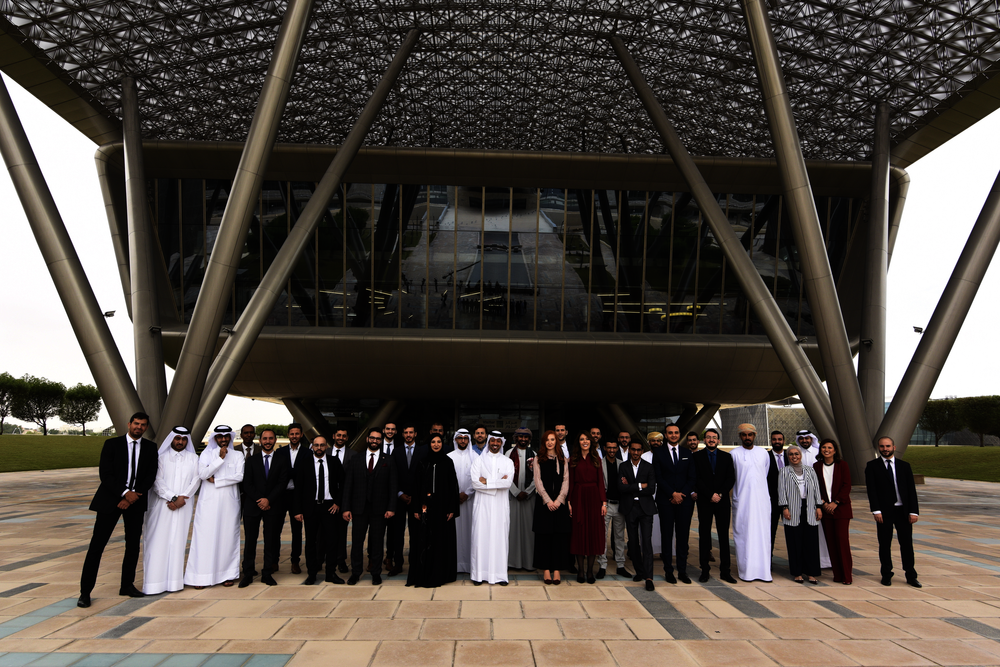Since the launch of Stars of Science, an initiative of Qatar Foundation in 2009, more than 160 participants from across the Arab world have taken part in the show.
And the alumni of the innovation TV show – now in its 15th season – have not only achieved great things individually, but also become a source of inspiration for millions of people, with some of them even leading crucial national programmes.
One of the show’s success stories has been found in the Sabah al-Ahmad Centre for Giftedness and Creativity (SACGC) Innovation department in Kuwait, part of the governmental Kuwait Foundation for the Advancement of Science, managed for several years by a Stars of Science alumnus, Sadeq Qasem.
“On a governmental level, my work at the SACGC, in 2012, initiated an invention development department under my leadership,” says the Kuwaiti winner of Season 2 of Stars of Science.
“Using the Stars of Science methodology, we aimed to transform Kuwaiti patents into tangible assets. Within four years, we managed to evolve 55-60 patents into market-ready products.”
Another prominent alumnus is Qatari entrepreneur, Khalid Aboujassoum, who in Season 4 became the show’s first Qatari winner. Aboujassoum is the founder and CEO of Else Labs Inc, which manufactures a smart cooking robot called Oliver – the innovation that won Aboujassoum first place in Stars of Science. He is also the co-founder and chairman of Ibtechar, which provides practical innovation solutions and is the largest development and innovation enablement company in Qatar.
Another Qatari entrepreneur, Mohamed al-Jefairi, founded an incubation hub – Creativity Makers Centre – and is dedicated to supporting budding Qatari innovators; the centre is where Eiman al-Hamad, a Stars of Science alumna and finalist, volunteered. Al-Jefairi even went on to set up the world’s first Islamic decentralised digital bank, Sidra Bank.
Mohamed Orsod's Nubb tech, a training and innovation centre in Sudan, and Nizar Chelly's Robot Lab and Tadreex VR for safety training in Tunisia have also made significant contributions to their respective nations.
Meanwhile, Noraldin al-Deri, a Jordanian innovator who took second place in Stars of Science Season 14, opened the first early intervention centre in Jordan to be powered by Artificial Intelligence (AI).
Over the past 15 years, Stars of Science has provided hundreds of participants with the platform to showcase their ideas and inventions, and also provided essential funding and mentorship to transform these concepts into reality.
Many past participants have gone on to develop groundbreaking innovations that address real-world challenges, from medical devices and renewable energy solutions to AI applications. And the show's mentorship and guidance has enabled its alumni to raise funds through crowdfunding platforms and receive research grants, leading to the commercialisation of their inventions.

Stars of Science alumni
